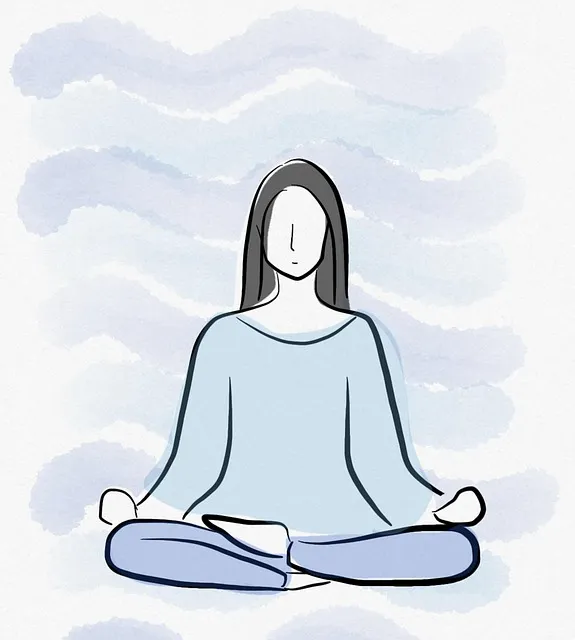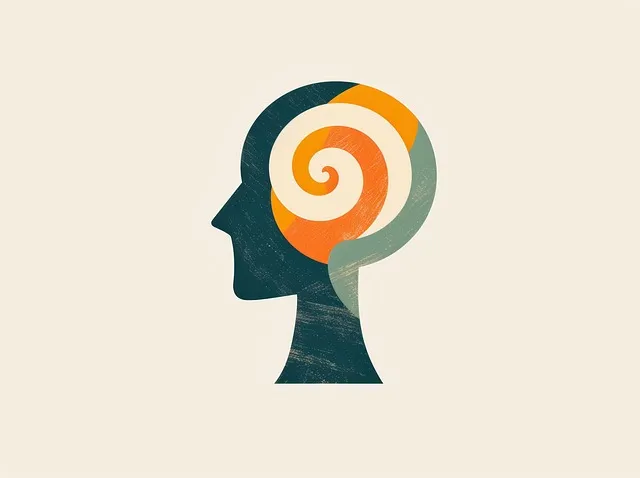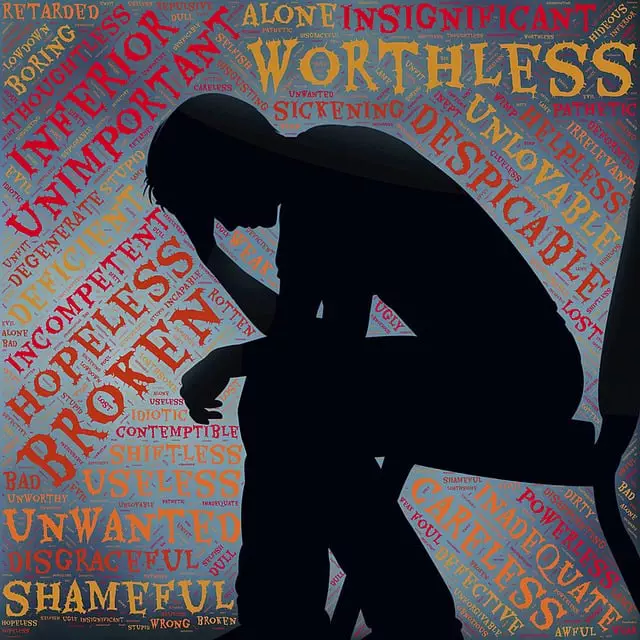The Kaiser Permanente mental health center Colorado Springs promotes mental wellness journaling as a self-reflection and personal growth tool. By jotting down thoughts and feelings, individuals enhance well-being, manage stress, and track emotional healing. A personalized journaling routine involves dedicated time (at least 15 minutes) and choosing between physical or digital formats with prompts or free-flowing writing. This habit fosters clarity, resilience, and improved mental health over time, as recommended by the center's experts.
“Unwind and prioritize your mental wellness with the transformative power of journaling, as recommended by experts at the Kaiser Permanente mental health center in Colorado Springs. This guide offers a comprehensive journey into the benefits, creation, and techniques for maintaining a personal journaling practice. By exploring effective strategies to capture thoughts and emotions, you’ll unlock insights and foster self-care habits that enhance overall well-being. Embrace the calm and clarity that awaits.”
- Understanding Mental Wellness Journaling Benefits
- Creating Your Personalized Journaling Routine
- Effective Techniques for Capturing Thoughts and Emotions
Understanding Mental Wellness Journaling Benefits

Mental wellness journaling can be a powerful tool for self-reflection and personal growth, offering numerous benefits that cater to one’s mental health. At the Kaiser Permanente mental health center Colorado Springs, we advocate for this practice as a means of enhancing well-being and fostering resilience. By jotting down thoughts and feelings on paper, individuals engage in a form of therapy that allows them to process emotions, gain clarity, and challenge negative thought patterns. This simple yet profound exercise encourages self-awareness, enabling people to better understand their mental health landscape.
Through journaling, one can explore and document their emotional healing processes, track progress over time, and identify triggers or stressors. It provides a safe and private space to express oneself without judgment, fostering open communication with one’s thoughts. Moreover, regular practice of this habit may even contribute to depression prevention by promoting early identification of warning signs and providing healthy outlets for managing stress and anxiety. Conflict resolution techniques can also be incorporated, helping individuals develop healthier coping mechanisms and enhance their overall mental wellness.
Creating Your Personalized Journaling Routine

Creating your personalized journaling routine can be a transformative act of self-care. Start by setting aside dedicated time each day or week—the Kaiser Permanente mental health center Colorado Springs recommends carving out at least 15 minutes—to engage in this practice. Choose a space that feels calming and quiet, where you won’t be interrupted. Consider what format suits you best; it could be a physical notebook or a digital journal app. Some prefer bullet points for quick reflections, while others enjoy the creative outlet of stream-of-consciousness writing.
Incorporate prompts if you feel stuck—for instance, “What am I grateful for today?” or “What challenges did I face and how did I overcome them?”—but remember, journaling is a personal act. Let your thoughts flow freely, allowing yourself to explore emotions, track progress, and set intentions. Over time, this consistent practice can become an invaluable tool in the Self-Care Routine Development for Better Mental Health, fostering clarity, resilience, and improved well-being.
Effective Techniques for Capturing Thoughts and Emotions

Capturing thoughts and emotions is a vital part of effective mental wellness journaling. At the Kaiser Permanente mental health center Colorado Springs, we recommend several techniques to help you articulate your feelings and gain valuable insights. One powerful method is writing freely, allowing your thoughts to flow without judgment. This practice, often called free-writing, can unlock hidden emotions and provide a clear view of your internal landscape.
Additionally, incorporating specific prompts tailored to areas like self-esteem improvement or trauma support services can guide your journaling process. For instance, reflecting on challenging experiences and describing how you felt during them can be therapeutic. Crisis intervention guidance suggests using these moments as opportunities to explore coping strategies and resilience. By combining free writing with targeted prompts, you can create a dynamic and supportive mental wellness journal that aids in processing emotions and promotes personal growth.
Mental wellness journaling can be a powerful tool for self-discovery and improvement, as demonstrated by practices at the Kaiser Permanente mental health center in Colorado Springs. By integrating this personalized routine into your daily life, you can effectively capture thoughts and emotions, fostering better understanding and enhanced mental well-being. Through various techniques, from reflective writing to mood tracking, you’ll gain valuable insights and develop coping strategies tailored to your unique needs. Remember, consistency is key; make journaling a regular part of your self-care regimen for optimal results.






